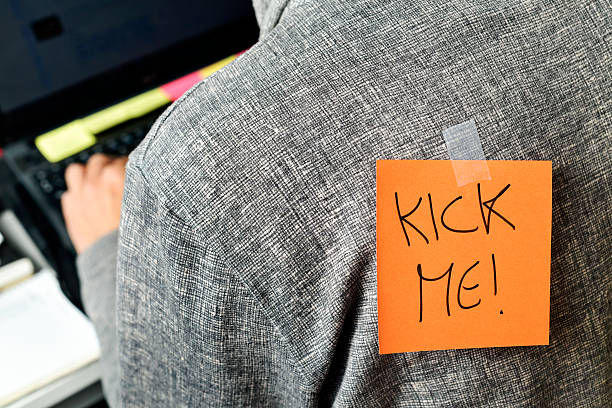I admit I’ve been playing head games with myself, and this blog is gonna be some self-talk.
I have a relative that will be nearby, soon, and we’ll visit. We aren’t on the best of terms to start with, but I’ll also add that I haven’t seen this particular relative in person since I weighed close to 300 pounds; I was a couple years into my journey, then. Although we certainly have lots of other more important reasons for meeting up, there’s a proud part of me that wants to get my weight down a bit more.
Plainly put, I know the relative has been pretty judgmental in the past about obese people. The relative has asked for advice about how to approach another obese relative, for instance, in a desire to see her lose weight. He praises me for my loss. But my angst about my own weight is an echo of the eternal not good enough feeling I grew up with, thanks to my father. I already had a sense of not good enough from this relative. I’m still considered obese. I wonder if, in his mind, he’ll see me and still think not good enough.
On the flip side of that, while I’m very proud of what I’ve accomplished, I am also fiercely protective of it. I’ve said this, before: I don’t want to be known as that woman who lost over 200 pounds any more than I did when I was the biggest person in the room. I don’t like physical identifiers. Even more than that, I dislike slotting people’s character and worthiness based on a scale number or perceived health.

I’ve dealt with innumerable comments of “I bet you feel better!”, etc., and while I appreciate them — and try to take them at face value — I’m also acutely aware of the underlying sentiment. Honestly, “I’m happy for you” is much more appropriate, at least from my viewpoint. Heck, I’m happy for me, too! But any time a label comes into play that can infer that the previous version of myself was somehow substandard, I will get defensive.
After all, I firmly believe that the work I’ve done on my mental processes and emotions is a much larger body of work than my physical appearance. I am essentially the same person, and to behave as if I’m somehow a better version of myself because I wear a smaller size just completely misses the point. I’m aware, though, that the value judgments others hold, particularly those who haven’t experienced this sort of journey, have been brainwashed by a society that puts far too much value on what we look like. Not to mention, we shy away from discussing matters of mental health.
My mental processes have gone through a much larger evolution than my body. So much so that about the only time I now really delve into the mechanics of my mental processes is when an event like this is on the horizon; after nearly eight years of working on this, it’s extremely rare to encounter someone who still has an old imprint of me on their brain. Anyone I’ve truly cared about has been well aware of my journey.
Once again, I find that there are little signs that mean I need to examine my psyche and see what’s up. Considering that I am still working through grieving the loss of my mother as well as the emotional process of disposing of what’s left of her life, I had thought that the symptoms were more about that. And perhaps it’s part of it, but the underlying self-judgment of not good enough and allowing myself some deviations that prove it have to stop. I have let myself gain a few pounds; not much, but understanding that there’s a difference between an occasional treat and eating in a way that’s contradictory to my regimen because I have mental work to do.
This is, indeed, a lifelong process. Knowing the underlying issues helps me solve them so the symptoms of that mental pressure can be solved, as well. I don’t need anyone else to kick me; I do best when I kick myself back into the right head space.